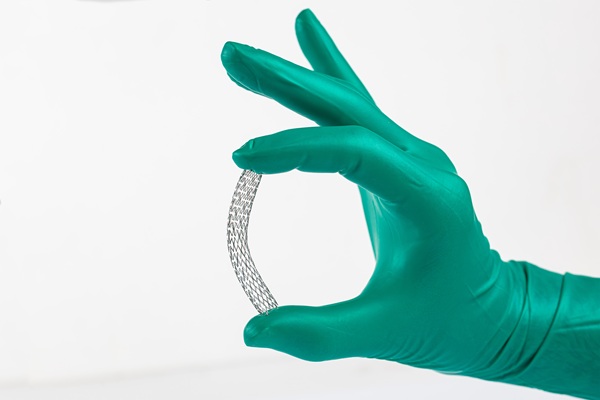5 Daily Tips From a Heart Care Doctor

Every day, more doctors are pushing for regimens of good heart care with their patients. The Center for Disease Control and Prevention points to heart disease as the number one cause of death in the United States. In 2016 alone, it was responsible for over 600 thousand deaths. That is more than accidents, stroke, respiratory disease and Alzheimer’s disease combined. Heart health is something that everyone should take seriously.
Heart care: an individual responsibility
Many people do not realize it, but lifestyle is the biggest contributor to how healthy one's heart is. The things people eat, the things they drink and the things they smoke all impact heart health. Leisure activities, activity levels and even the environment, can affect the heart. It is important to learn the things any individual can control to promote better health.
Tips for maintaining a healthy heart
Quit smoking
Cardiovascular disease occurs when a heart is not healthy, and one of the major causes of CVD is smoking. According to the Centers for Disease Control, smoking is the direct cause of one-third of all CVD deaths. Smoking causes many risks to the heart including high cholesterol and increased blood pressure. By quitting smoking, the risk of heart disease or CVD is drastically reduced.
Exercise more
Physical activity is very important in a heart care regimen. Doctors recommend getting at least two and a half hours of physical activity each week. Exercise makes a person stronger, helps with balance and increases flexibility. More than that, it improves cardiovascular function. The heart learns to work more efficiently and gets stronger.
Eat better
Diet is a major contributor to unhealthy hearts. Eating foods that contain a lot of trans fat or saturated fat can result in high cholesterol. Eating too much salt can contribute to high blood pressure. Eating too much sugar can raise blood sugar levels which are particularly problematic for diabetics. High cholesterol, high blood pressure and diabetes are all harmful to heart health and can cause long-term issues. By getting on a healthier diet, both heart and overall health can improve.
Lose weight
A natural side effect of eating better is weight loss. Being excessively overweight puts people at much greater risk of stroke, diabetes and heart disease. By keeping on a healthy diet and exercising more, weight loss can occur and improve overall health.
Get check-ups
One often overlooked step is to get a regular check-up by a physician. Doctors keep an eye on blood pressure, cholesterol levels, glucose levels and weight. They are constantly watching out for signs of heart problems and can help their patients find the right course and treatment to avoid potential health issues.
Conclusion
Heart care is not something to joke about or take lightly. Most people want to live long, full lives with their loved ones. To get the most out of life and have a good chance at living the full life you have dreamed of, take your heart health seriously.
Request an appointment here: https://boyntonbeach.floridapremiercardio.com or call Florida Premier Cardiology at (561) 229-1411 for an appointment in our Boynton Beach office.
Check out what others are saying about our services on Yelp: Read our Yelp reviews.
Recent Posts
Coronary stent placement is a treatment for coronary artery disease, a buildup of plaque (fat and cholesterol) around the heart's arteries. Along with angioplasty, a stent helps restore blood flow to the heart, relieving symptoms such as chest pain and shortness of breath and helping prevent a heart attack. The following overview of coronary stent…
Heart disease treatment encompasses a range of interventions, from lifestyle changes and medications to surgical interventions. Individuals can manage their condition and improve their quality of life by working with a cardiologist. Successful heart disease treatment starts with the patient having the information they need to make informed decisions about their health.Also known as cardiovascular…
A heart specialist is a doctor specializing in diagnosing and treating cardiovascular conditions. Patients may be referred to one of these doctors for several reasons, from diagnosing a heart health issue to getting cleared for surgery. However, seeing a heart specialist is even more crucial for those either experiencing the signs of heart disease or…
Cardiologists perform angioplasty to open blocked arteries, specifically those caused by coronary disease. This minimally invasive alternative to open heart surgery can restore proper blood flow to the heart and often reverse the fast track to a heart attack. However, learning when one is necessary is crucial for treatment success.Coronary artery disease (CAD) is a…


